Keywords: Indigenous Voice
-
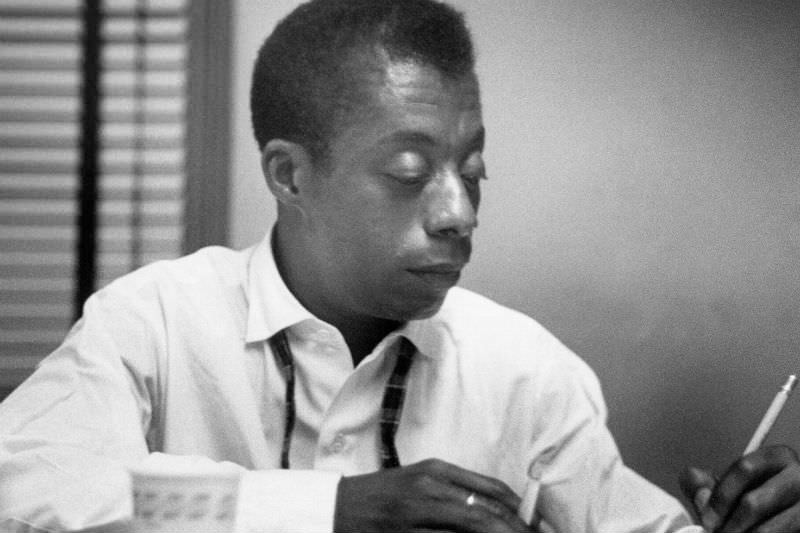
ARTS AND CULTURE
- Mark Tredinnick
- 31 August 2023
3 Comments
Amid shifting perceptions and the fluidity of names, our understanding of self dances on the edge of subjectivity. Traversing the landscape of literature, we're invited to confront our own reflections, to ask what truly defines us in a world that is ever-evolving, and to look beyond the obvious and into the heart of our shared human experience.
READ MORE
-
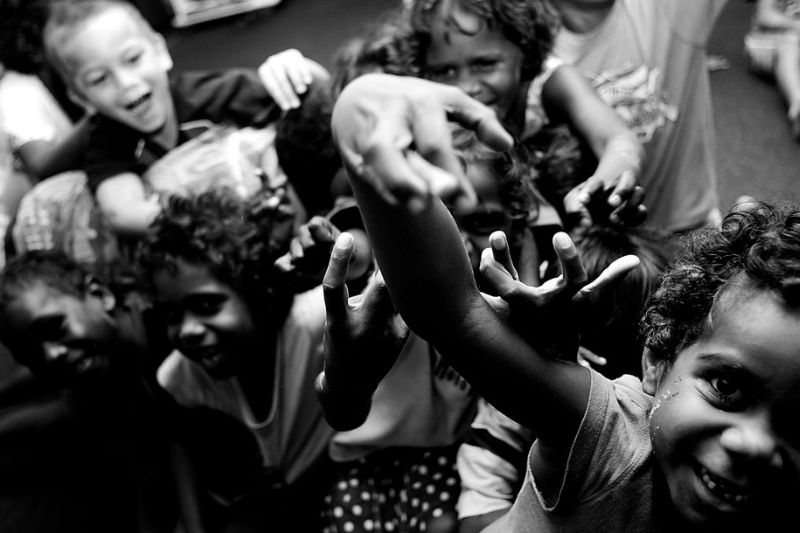
AUSTRALIA
- Brian McCoy
- 30 August 2023
16 Comments
The Kimberley region stands as a testament to both the enduring spirit of Australia's Aboriginal communities and the shadows of colonisation. As the Referendum looms, the potential for a united Voice beckons, inviting Australia towards a harmonious future.
READ MORE
-
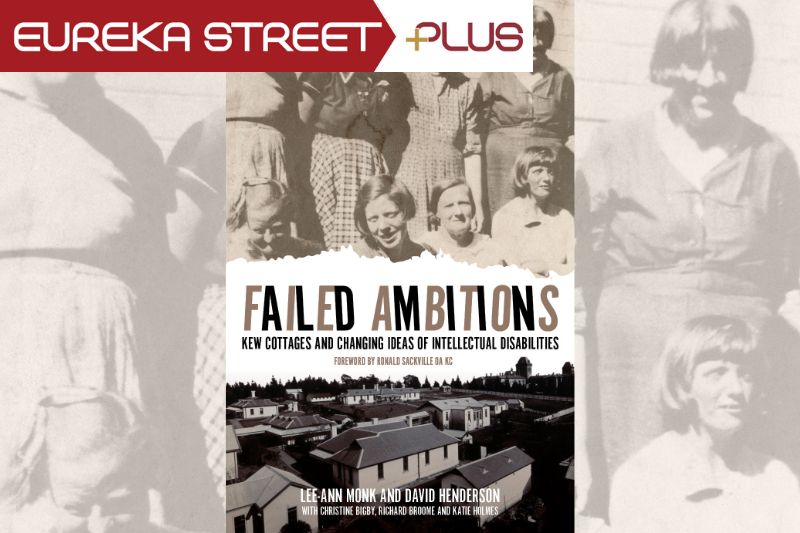
ARTS AND CULTURE
- Andrew Hamilton
- 25 August 2023
1 Comment
Failed Ambitions offers a complex exploration into the history of institutions for individuals with mental illnesses and intellectual disabilities. The book addresses the evolution of attitudes towards these communities, highlighting ongoing struggles with public stigma, systemic neglect, and the importance of giving voice to marginalised individuals.
READ MORE 
-
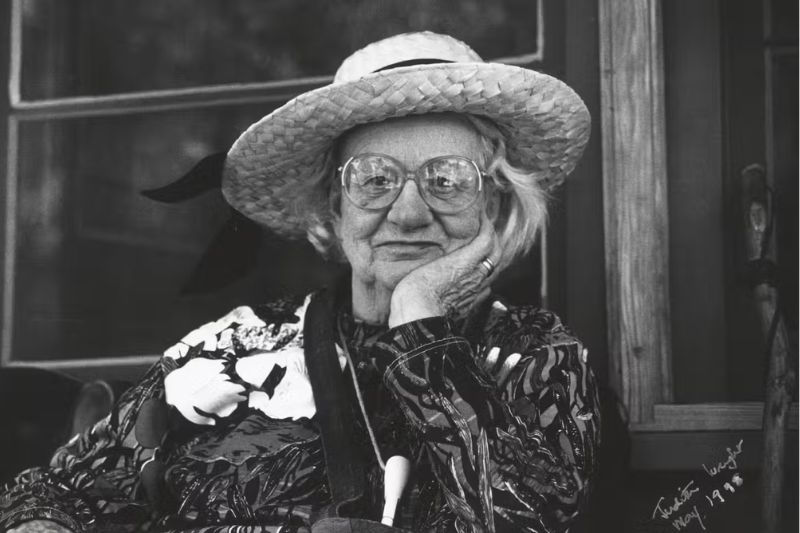
AUSTRALIA
- John Honner
- 24 August 2023
13 Comments
You might think that, if anyone could pull off the establishment of a treaty, a great poet and a great policy maker, working in harmony, would surely have the best chance. But this was not the case: when Judith Wright and H.C. Coombes advocated for a treaty throughout their lifetimes, they were unsuccessful.
READ MORE
-
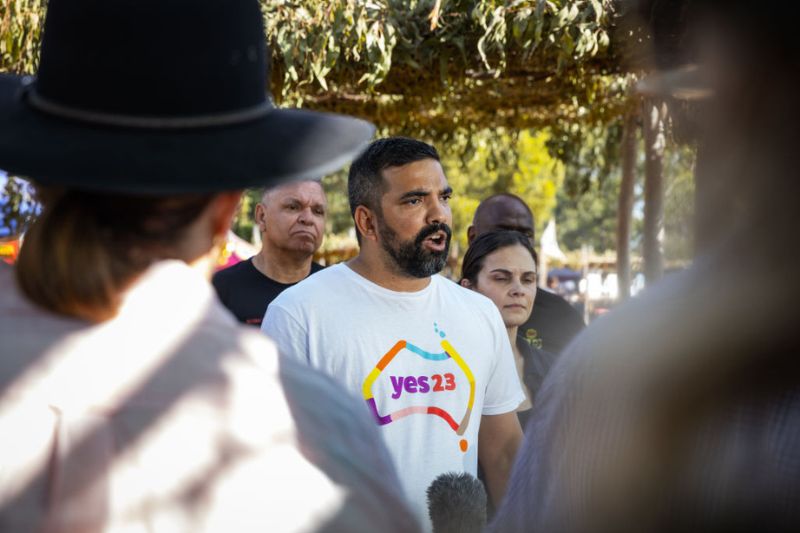
FAITH DOING JUSTICE
- Andrew Hamilton
- 21 August 2023
10 Comments
The Catholic Bishops Justice Statement, timed with an impending Referendum on the Voice to Parliament, scrutinizes the ties between Aboriginal and Torres Strait Islander peoples and other Australians. Crafted alongside the National Aboriginal and Torres Strait Islander Catholic Council, it underscores the urgency of deepened engagement through listening, learning, and love, advocating for Indigenous justice and healing.
READ MORE
-
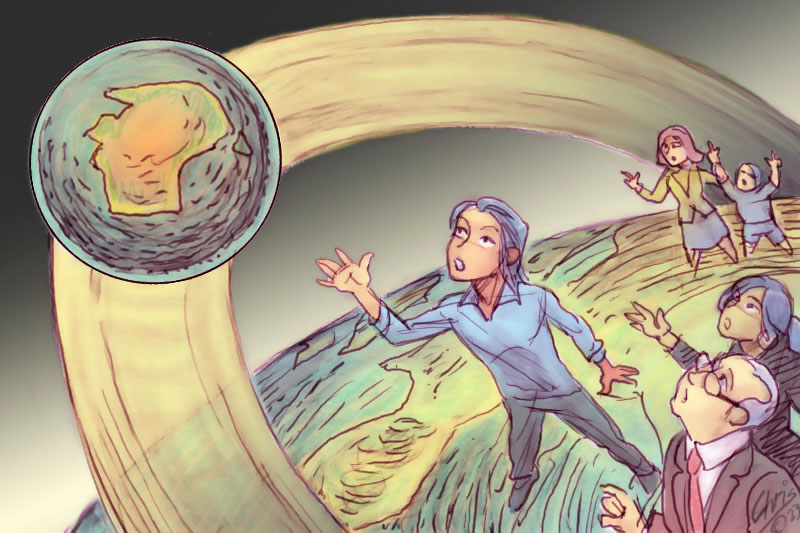
AUSTRALIA
- Daniel Gregory
- 10 August 2023
6 Comments
The upcoming Voice referendum in Australia will be a defining moment for the nation. However, Australians living overseas indefinitely are unable to participate, raising questions about the true boundaries of democratic participation.
READ MORE
-

ARTS AND CULTURE
- Barry Gittins
- 14 July 2023
2 Comments
Kate Holden’s The Winter Road is a ranging meditation on a 2014 execution-style murder committed on a dirt track in Croppa Creek, in northwest NSW. Barry Gittins speaks to Kate Holden about her prize-winning account of the crime, reminding readers of the uneasy history of predation in this country and the damage it does to the land and to the people on it.
READ MORE 
-
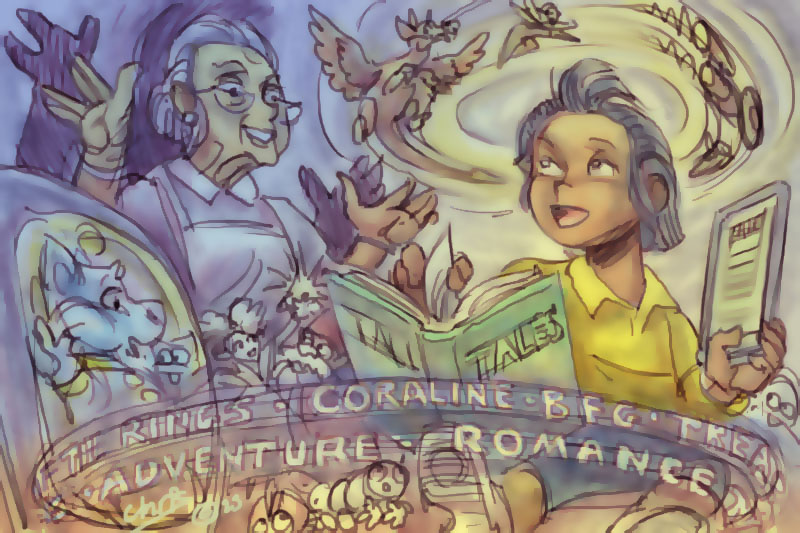
ARTS AND CULTURE
- Barry Gittins
- 11 July 2023
2 Comments
From our most cherished childhood memories to the hard-won wisdom of our adult years, stories are the threads that bind us together, the tapestries that shape our identities. But who gets to tell these stories, and how are they preserved for future generations?
READ MORE
-

AUSTRALIA
- Andrew Hamilton
- 29 June 2023
2 Comments
In the face of waning support for the Referendum on the Indigenous Voice to Parliament, Pope Francis' mission of reconciliation within the Catholic Church, particularly through the Synodal process, inspires a more united and locally-engaged approach.
READ MORE
-
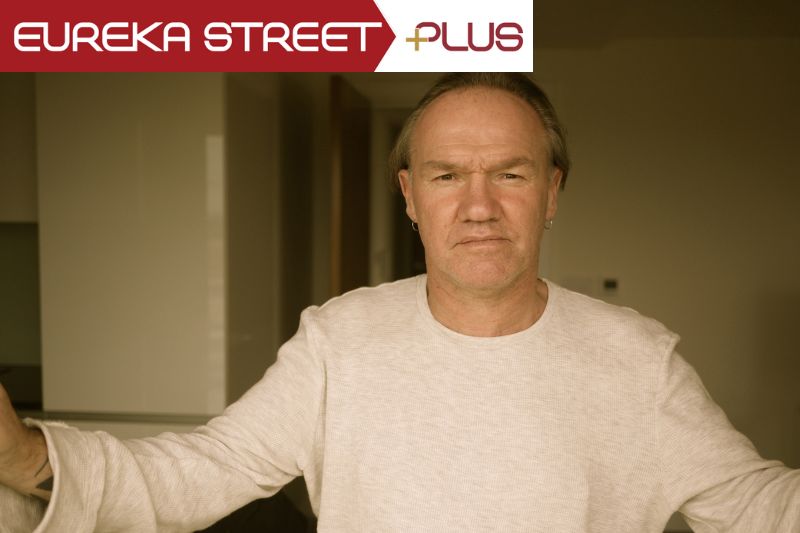
ARTS AND CULTURE
- Paul Mitchell
- 23 June 2023
1 Comment
Renowned author and academic Tony Birch is known for his insightful and compelling narrative explorations into societal issues like marginalisation, Aboriginal identity and racial struggles. In conversation with Paul Mitchell, Birch discusses his work, the unique intersection of academia and creative writing, and the profound impact of historical dispossession.
READ MORE 
-
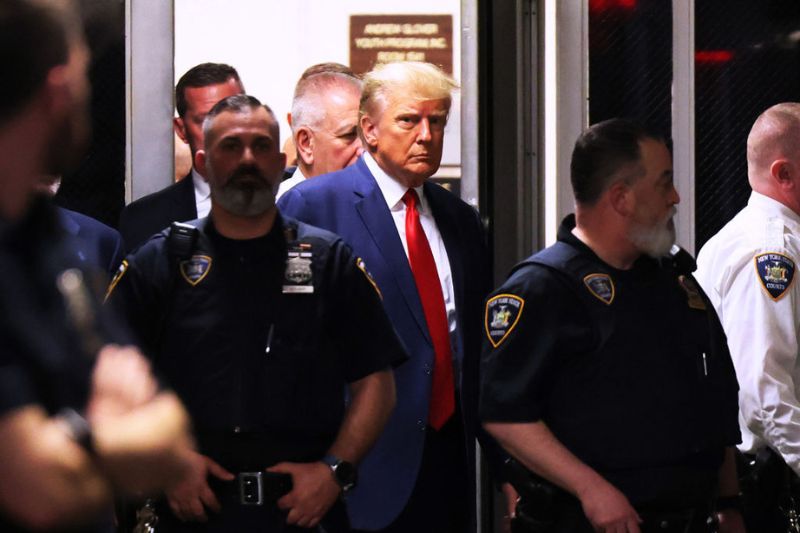
INTERNATIONAL
- Max Jeganathan
- 22 June 2023
2 Comments
Encompassing the indictment of Donald Trump, the Russia-Ukraine conflict and Australia's Indigenous Voice referendum, the quest for justice has evolved into an abstract and bitter fight, obscuring our common humanity, and requiring us to find a restorative, forgiving route.
READ MORE
-
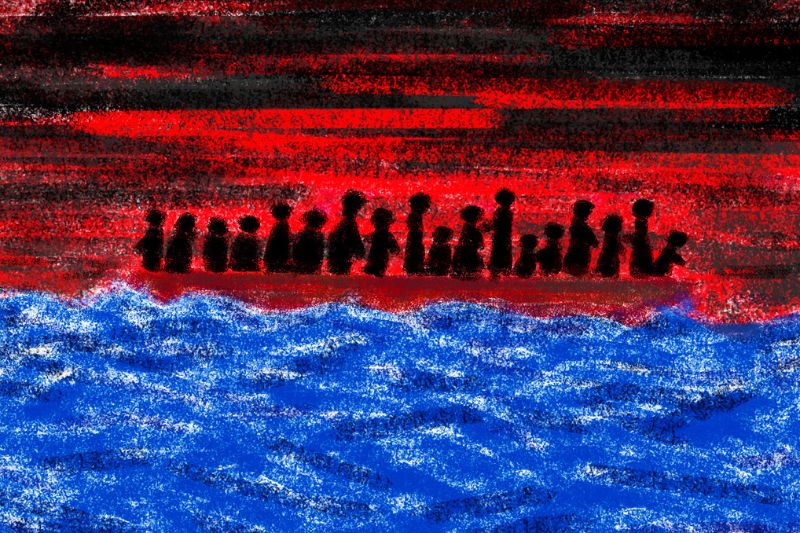
AUSTRALIA
- Andrew Hamilton
- 20 June 2023
5 Comments
Observing World Refugee Week and the Referendum on the Voice to Parliament together is appropriate because the First Peoples and later refugees have suffered in similar ways. Jordana Silverstein's latest book draws striking parallels between Australia's colonial past and the modern treatment of refugee children.
READ MORE